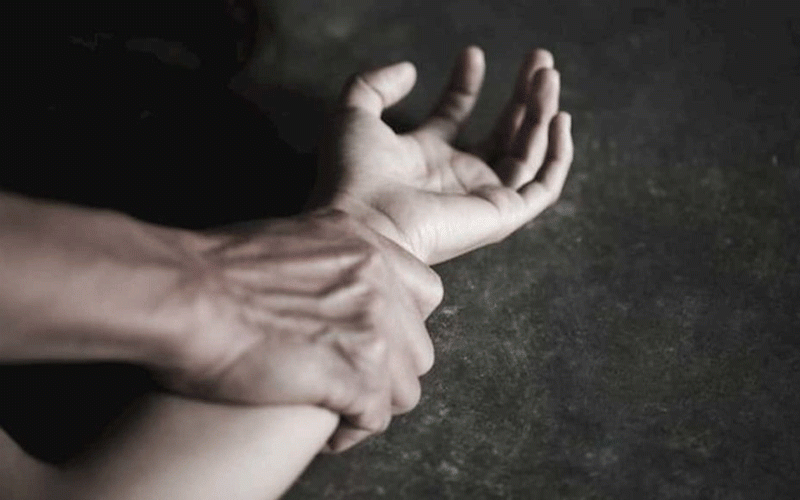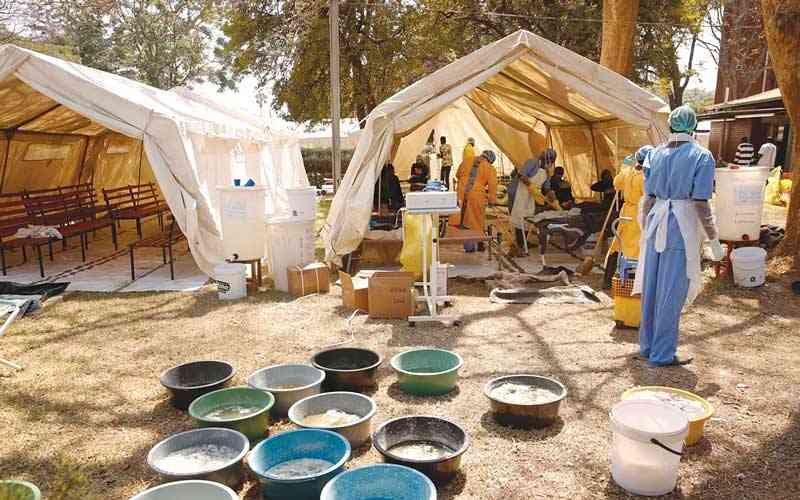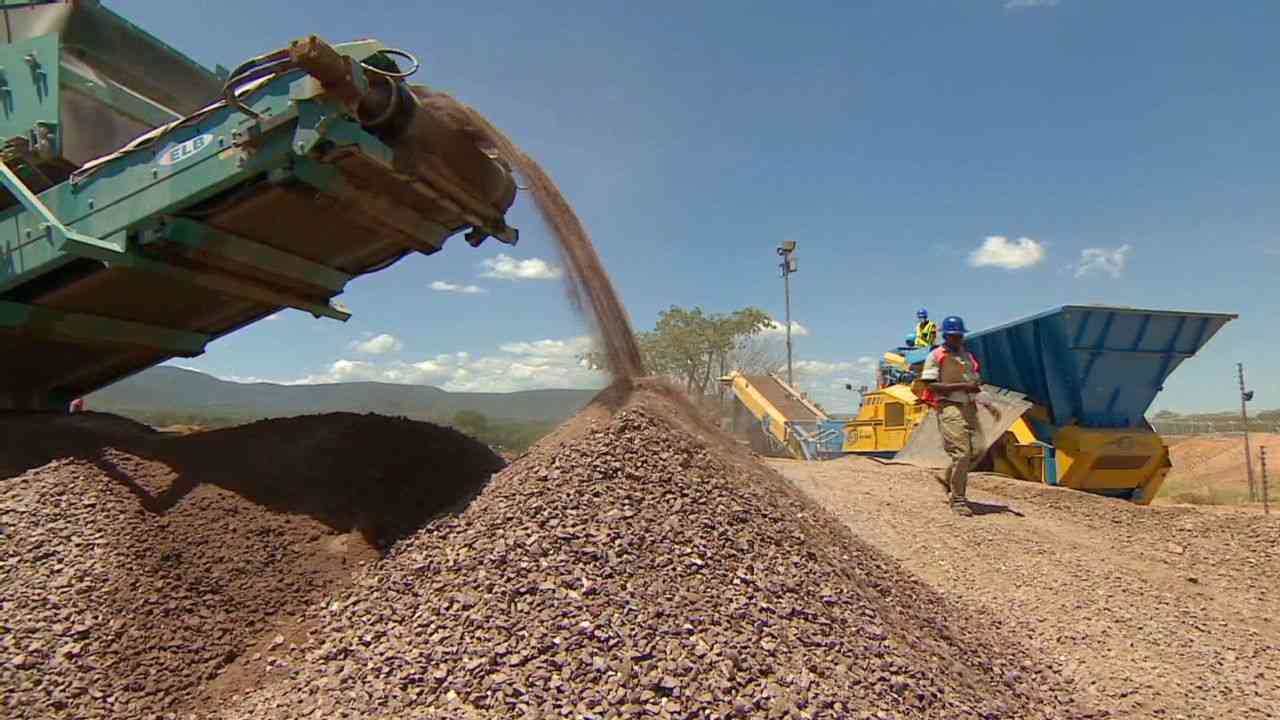
ELSEWHERE in this paper, we carry a story exposing horrifying statistics about how close family members are raping or sexually abusing relatives’ children.
The abuses even extend to fathers raping their own daughters or even uncles sexually abusing their nephews or nieces.
According to statistics by the National Prosecuting Authority of Zimbabwe (NPAZ), they recorded nearly 20 000 cases of child abuse last year alone.
The NPAZ says at least 30 rape cases are reported countrywide daily, most of them involving children.
In the first quarter of this year, the Zimbabwe National Statistics Agency (ZimStat) recorded 3 562 cases of sexual violence, with most of the perpetrators being close to the victims.
The above statistics make sad reading.
Prosecutor-General Justice Loyce Matanda-Moyo attributes the high number of fathers raping their own daughters to rituals.
The abuses on the children, some of whom are as young as infants, range from rape, horrific violence, indecent assault, ,molestation neglect and even emotional torment.
- Thousands flee economic mess
- ZimStat undertakes to pay enumerators
- 'Apostolic sects frustrating fight against measles'
- Graft 'bleeding' ZimStat
Keep Reading
Those who are supposed to be the guardians have turned perpetrators.
The children are suffering in silence.
The perpetrator is always around and many a times the victim would have been threatened with death if the spilt the beans, hence they will suffer in silence.
It will only take parents or guardians, or even other family members to notice a change in mood or attitude in the child to realise that they have been abused.
“We are currently using the laws that protect the children to bring the perpetrators to book. We call on those organisations that deal with children to raise awareness campaigns within the community, families so that these children are protected,” Justice Matanda-Moyo said.
“Like those children who are being abused in a home set up, that’s very sad. Those are the very people who are supposed to protect their children who are abusing them.
“On a daily basis, we receive more than 30 cases coming in everyday and it’s really sad.”
In a 2015 paper titled Child Sexual Abuse in Zimbabwe: Prevention Strategies for Social Workers, Noel Muridzo and Effie Malianga said child sexual abuse results in devastating short and long-term consequences on the health, development, and mental well-being of boys and girls.
In addition to its effects on the individual child, violence undermines national efforts in public health, social welfare and human rights and economic development.
Sexual abuse can lead to long-lasting, even life-long, consequences and is a serious problem on individuals, families and societies.
We urge responsible parents and guardians to talk with their children about body parts early.
Use proper names for body parts, or at least teach your child what the actual words are for their body parts.
Rather tell them that they can call their privates their “bottom”, which eventually will make them feel more comfortable and they can talk clearly if something inappropriate has happened.
Parents and guardians should tell children that some body parts are private
Tell your child that their private parts are called private because they are not for everyone to see.
Explain that only a few select people can see them naked, but everyone else will only see them with their clothes on.
Also, teach children their body boundaries. Tell them that no one should touch their private parts and that no one should ask them to touch somebody else’s private parts.
Parents and guardians will often forget the second part of this sentence. Sexual abuse often begins with the perpetrator asking the child to touch them or someone else.
Parents should also tell their children that no one should take pictures of their private parts.
For children who are unable to express their feelings, we urge parents and guardians to take extra caution and make sure they are always around them to protect them.








